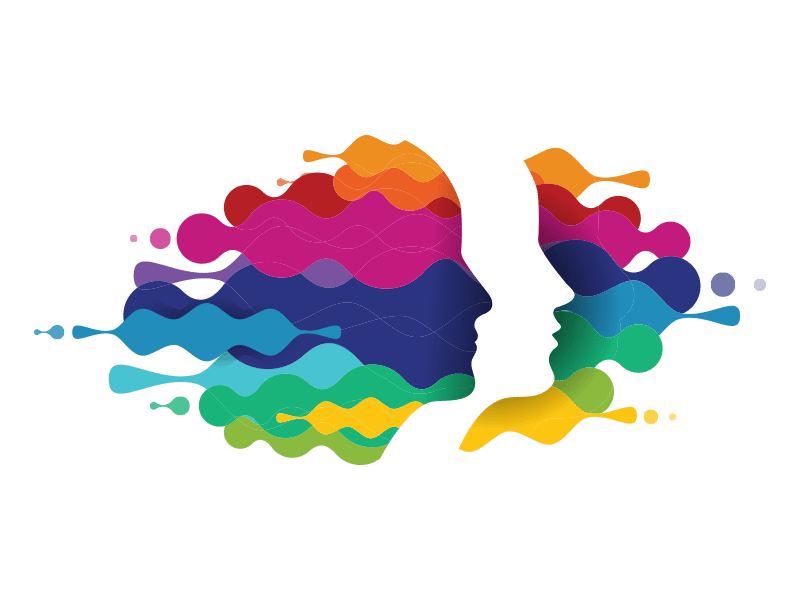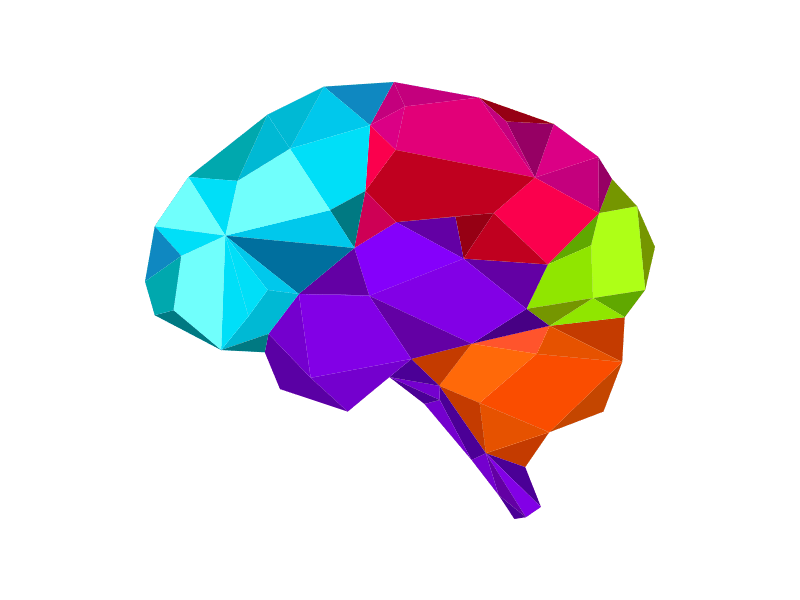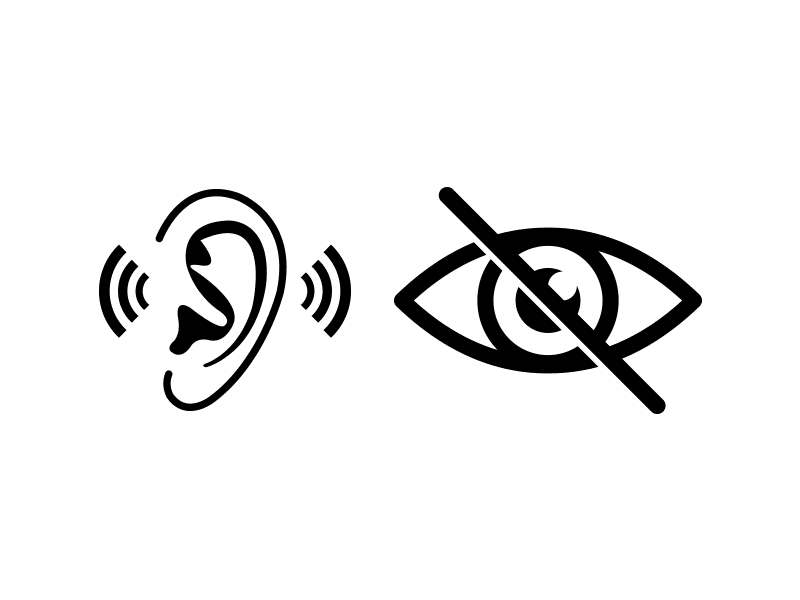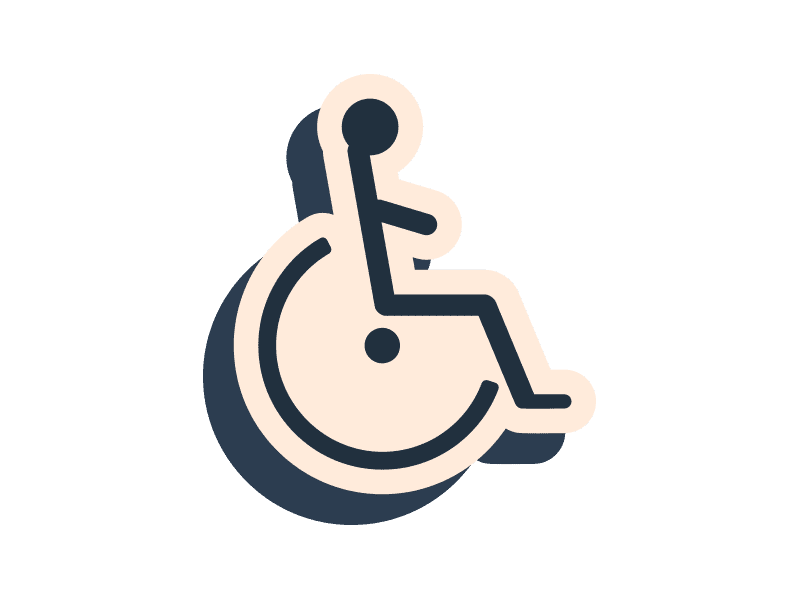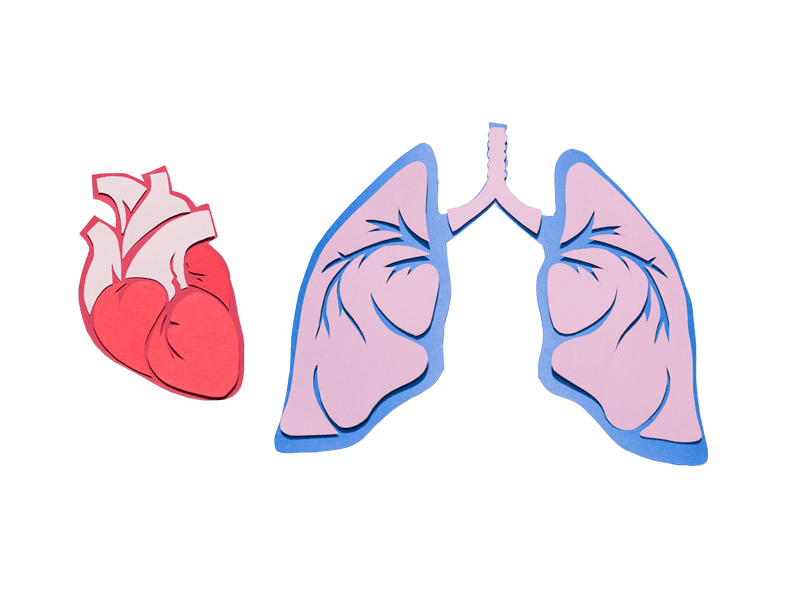Is my condition a disability?
The definition of disability is very wide. It covers physical, sensory, neurodivergent, mental health, and long-term health conditions.
This covers a wide-range of conditions including depression, bipolar disorder, anxiety and panic disorder, obsessive-compulsive disorder and schizophrenia. For a condition to qualify as a disability under the Equality Act 2010, it must be likely to last for at least 12 months. This doesn’t mean it has to be continuously present during that period, and can come and go. It is deemed to be a disability even if it is managed with medication.
Neurodivergent conditions include dyslexia, dyspraxia, dyscalculia, ADHD, autism and Tourette Syndrome. Conditions may co-exist, and can present from mild to severe.
Sensory refers to sight and hearing impairment, both of which can range from mild to severe. However, if your vision is able to be corrected through glasses or contact lenses, it is unlikely to be a disability.
Physical disabilities are often related to mobility, but also includes disfigurement.
Types of speech disorder include stammering, spasmodic dysphonia, articulation disorder, cluttering and slurred speech.
Long-term health conditions can include epilepsy, HIV, cancer (including in remission), multiple sclerosis, diabetes, and organ conditions. HIV, cancer and multiple sclerosis are deemed to be disabilities under the Equality Act 2010, from the day of diagnosis, irrespective of symptoms.
You do not need a formal diagnosis to benefit from our support. If you’re unsure whether you qualify, please contact us.

